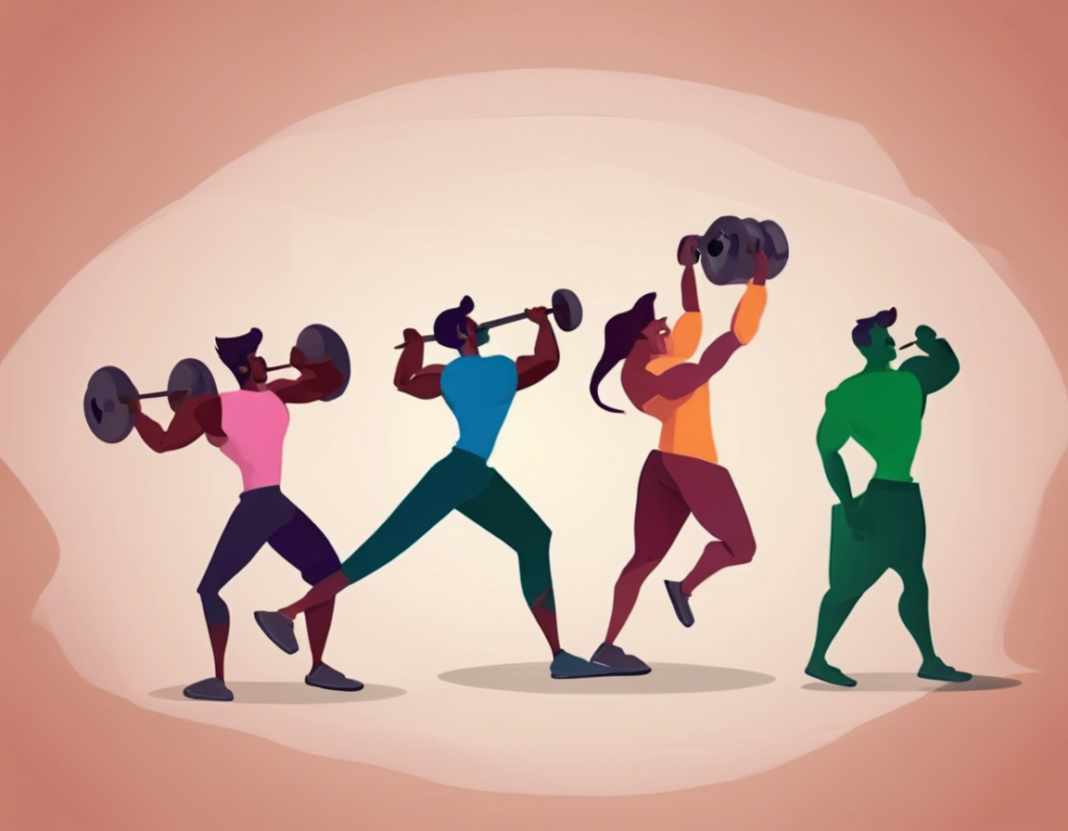Protein is an essential nutrient that plays a crucial role in the growth, repair, and maintenance of tissues in our bodies. Including an adequate amount of protein-rich foods in your diet is not only important for muscle building, but it also helps with weight management, satiety, and overall health. If you’re looking to increase your protein intake, here are the top 10 protein-rich foods that you should consider adding to your diet:
1. Eggs
Eggs are one of the most nutrient-dense foods available, containing high-quality protein, vitamins, and minerals. A single large egg provides around 6-8 grams of protein, making it an excellent choice for breakfast or a snack.
2. Chicken Breast
Skinless chicken breast is a lean source of protein, with about 25 grams of protein per 3-ounce serving. It is versatile, easy to prepare, and low in fat, making it a staple in many high-protein diets.
3. Greek Yogurt
Greek yogurt is a creamy and delicious dairy product that is packed with protein. A typical serving can provide around 15-20 grams of protein, along with probiotics that are beneficial for gut health.
4. Lentils
Lentils are a plant-based protein source that is also rich in fiber, vitamins, and minerals. One cup of cooked lentils contains approximately 18 grams of protein, making them a great choice for vegetarians and vegans.
5. Quinoa
Quinoa is a whole grain that is also a complete protein, meaning it contains all nine essential amino acids. One cup of cooked quinoa provides around 8 grams of protein, along with fiber and various nutrients.
6. Salmon
Salmon is a fatty fish that is not only rich in protein but also high in omega-3 fatty acids. A 3-ounce serving of salmon can deliver about 22 grams of protein, along with heart-healthy fats.
7. Cottage Cheese
Cottage cheese is a fresh cheese that is low in fat and high in protein. A half-cup serving can provide approximately 14 grams of protein, making it a convenient snack or addition to meals.
8. Tofu
Tofu, or bean curd, is a soy-based protein that is popular in vegetarian and vegan diets. A 3-ounce serving of tofu contains roughly 8 grams of protein, as well as magnesium and iron.
9. Almonds
Almonds are a nutritious nut that is rich in protein, healthy fats, and antioxidants. A quarter-cup of almonds can supply about 6 grams of protein, making them a great on-the-go snack.
10. Chickpeas
Chickpeas, also known as garbanzo beans, are a versatile legume that is high in protein and fiber. One cup of cooked chickpeas contains around 15 grams of protein, making them ideal for salads, soups, and curries.
By incorporating these protein-rich foods into your diet, you can ensure that you are meeting your daily protein requirements and supporting your overall health and fitness goals.
Frequently Asked Questions (FAQs):
1. How much protein do I need daily?
The recommended dietary allowance (RDA) for protein is 0.8 grams per kilogram of body weight, or about 0.36 grams per pound. However, protein needs may vary based on individual factors such as age, activity level, and goals.
2. Can you get enough protein on a vegetarian or vegan diet?
Yes, it is possible to meet your protein needs on a vegetarian or vegan diet by incorporating plant-based proteins such as legumes, nuts, seeds, tofu, and whole grains. Combining different plant-based protein sources can also help improve the quality of protein consumed.
3. Are protein supplements necessary?
Protein supplements are not necessary for most people who consume a balanced diet that includes a variety of protein sources. However, they can be convenient for individuals who have increased protein needs or have difficulty meeting their protein requirements through food alone.
4. Can you consume too much protein?
Excessive protein intake can strain the kidneys and may lead to dehydration, digestive issues, or mineral imbalances. It is important to balance protein intake with carbohydrates and fats for overall health and nutrient adequacy.
5. What are some quick and easy ways to add more protein to my meals?
Adding protein-rich foods like Greek yogurt, nuts, seeds, or lean meats to meals and snacks can help boost your protein intake. Smoothies, salads with grilled chicken, and snacks like hard-boiled eggs or cottage cheese are simple and convenient options.
